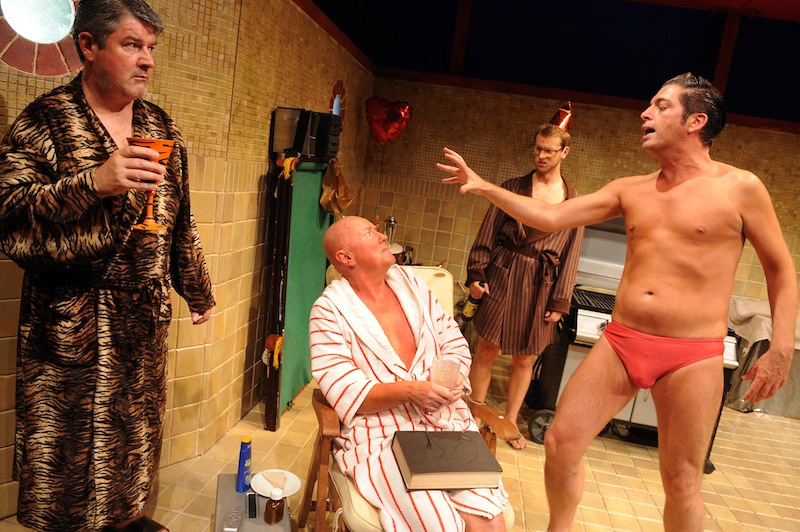2011: Let’s Hear It For The Best Bits.

Well, that’s it. Come in, 2011, your time is up! And though we’re still busy sweeping up the debris after the budget and detangling mislaid election promises, let’s take a moment to remember the best bits of 2011, the stuff that didn’t make us tut, whimper or rampage across the Bog Of Allen throwing sods of turf at the sky. So pull up a chair (assuming there’s one you didn’t yet burn for firewood) and allow Culch.ie’s writers to take your mind off your boo-boos with our personal favourites from the year that was. A Head Full Of Jed 2011 definitely had its soaring pop culture highs and its devastating pop culture lows, from the joyful experience of standing front and centre at The Button Factory when Neil Hannon, Cathy Davey et al performed Vampire Weekend’s album for The JD Set in April, to the unbearable skincrawl of even accidentally … There’s more








